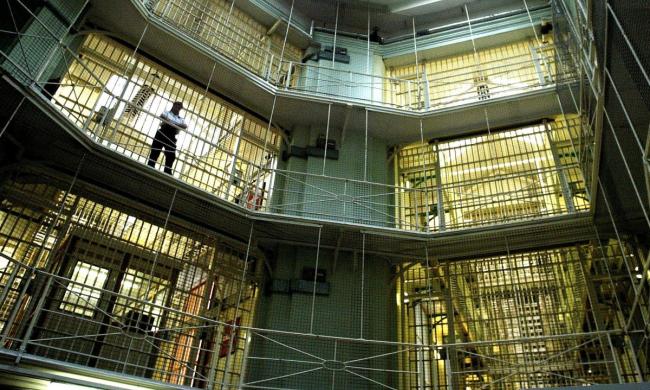
The UK prison service has initiated the recruitment of officers from Nigeria and other countries, offering skilled worker visa sponsorship for the first time. While this move aims to address staffing shortages, it has exposed significant challenges, including a lack of housing support for recruits, forcing some to sleep in cars or makeshift camps.
This recruitment drive follows an October 2023 policy change that added prison officers to the list of skilled workers eligible for visa sponsorship. The program has created opportunities for skilled workers from Nigeria and other countries to join the UK prison service. However, many recruits have encountered unexpected difficulties due to inadequate support upon arrival.
Mark Fairhurst, president of the Prison Officers Association (POA), highlighted troubling cases where foreign recruits arrived with their families and belongings, expecting employer-provided housing, only to find none. “At one prison, officers set up a camp in a wooded area near the jail after realizing they had nowhere to stay. Others are sleeping in cars to save on accommodation costs,” Fairhurst revealed.
In one instance, an officer commuted 70 miles daily from Huddersfield to Nottingham before resorting to sleeping in his car outside the prison gates to cut expenses.
Prison governors have noted that while some recruits enter through skilled worker sponsorship, others switch from existing visa routes. According to The Telegraph, the Ministry of Justice (MoJ) has sponsored approximately 250 foreign nationals for the prison service after vetting and Zoom interviews.
Governors reported that many applicants, including those switching from other visa categories, are from Africa. In one month last year, two-thirds of the 3,500 prospective recruits were from the continent. Tom Wheatley, president of the Prison Governors Association (PGA), attributed this surge to online recommendations within the Nigerian expatriate community.
“This approach has been promoted online by the expat Nigerian community,” Wheatley explained. However, he noted that it has led to challenges, particularly in rural prisons, where a high number of foreign recruits have faced difficulties integrating and communicating. Language barriers among some new recruits have also been reported.
Defending the recruitment process, a Prison Service spokesperson emphasized the robustness of assessments and training for all staff. “All staff, regardless of nationality, undergo stringent evaluations and training before working in prisons. Our strengthened vetting process ensures only those meeting high standards are employed,” the spokesperson said.
Despite this, calls for reform have intensified. Mark Fairhurst criticized the reliance on Zoom interviews for recruiting frontline officers and urged a return to face-to-face interviews. He argued that the six-week training period is inadequate for preparing recruits for the job’s demands.
“The process is not fit for purpose,” Fairhurst stated, citing concerns over unqualified and corrupt officers being hired. Misconduct among prison staff is on the rise, with 165 officers dismissed last year—a 34% increase from the previous year.
One high-profile case involved a former officer at HMP Wandsworth who was jailed for 15 months after being caught on video engaging in sexual activity with an inmate.
For more updates, join our WhatsApp channel here: Chronicles Reporters.